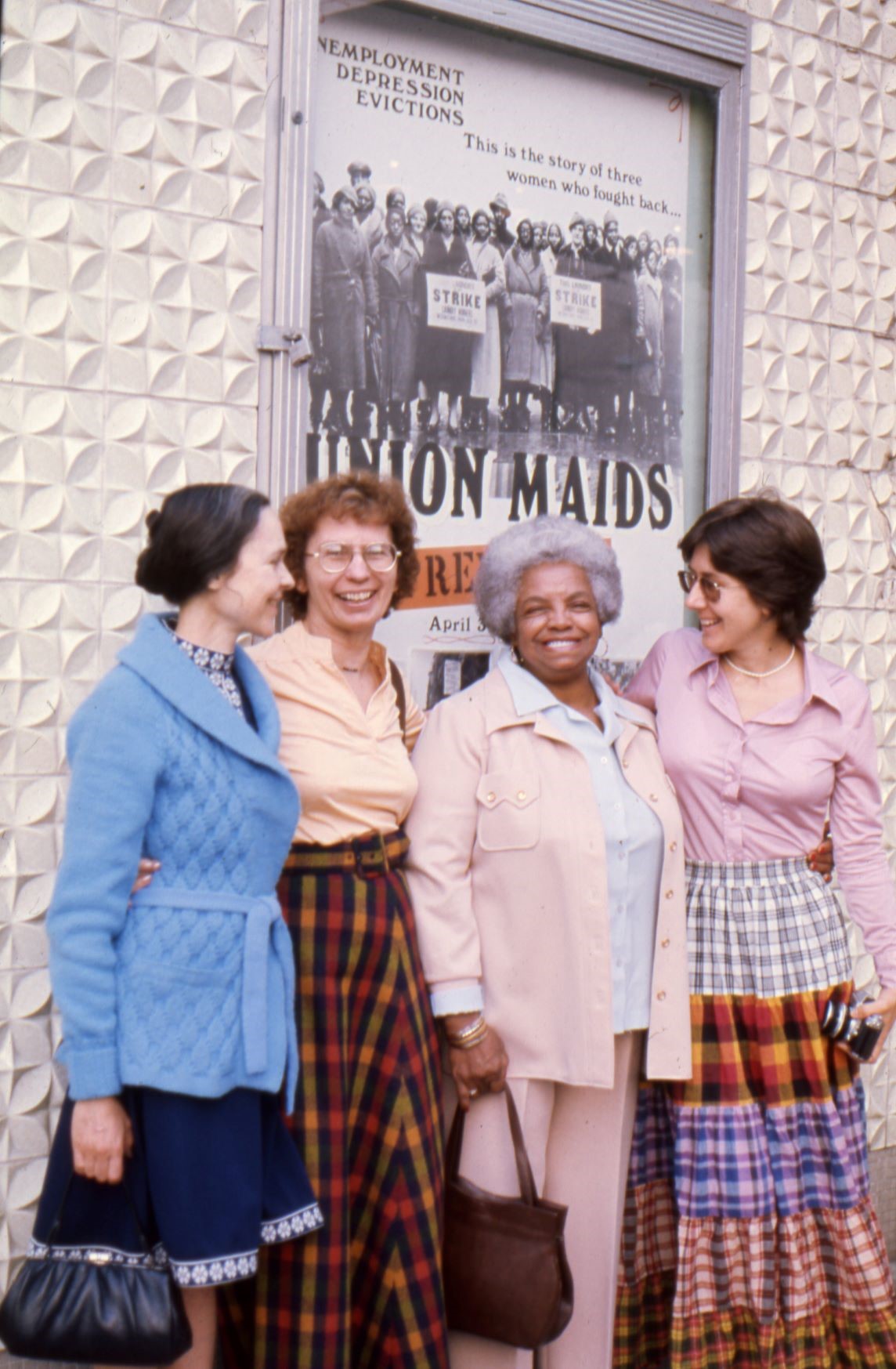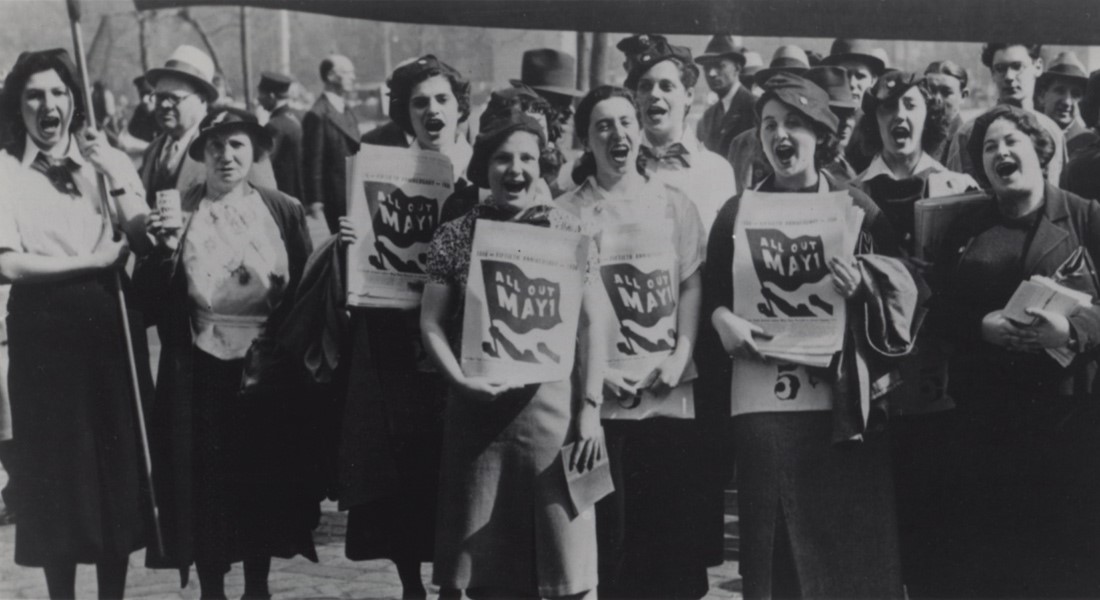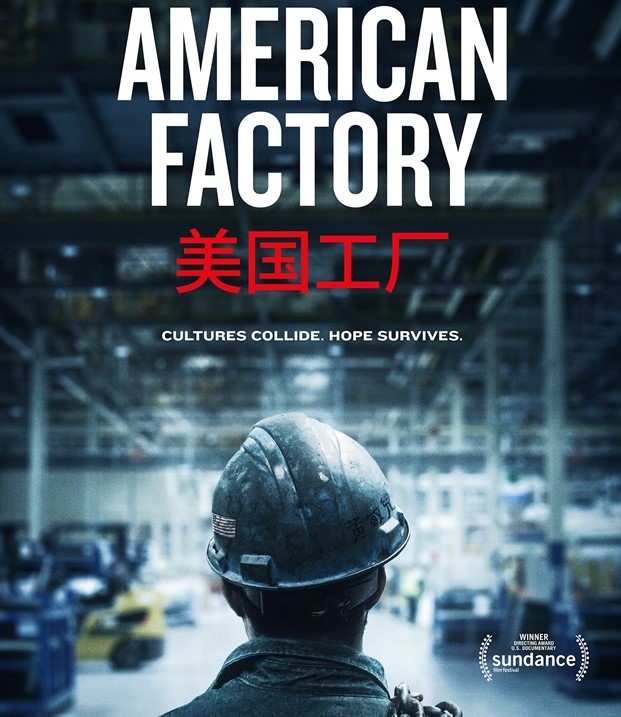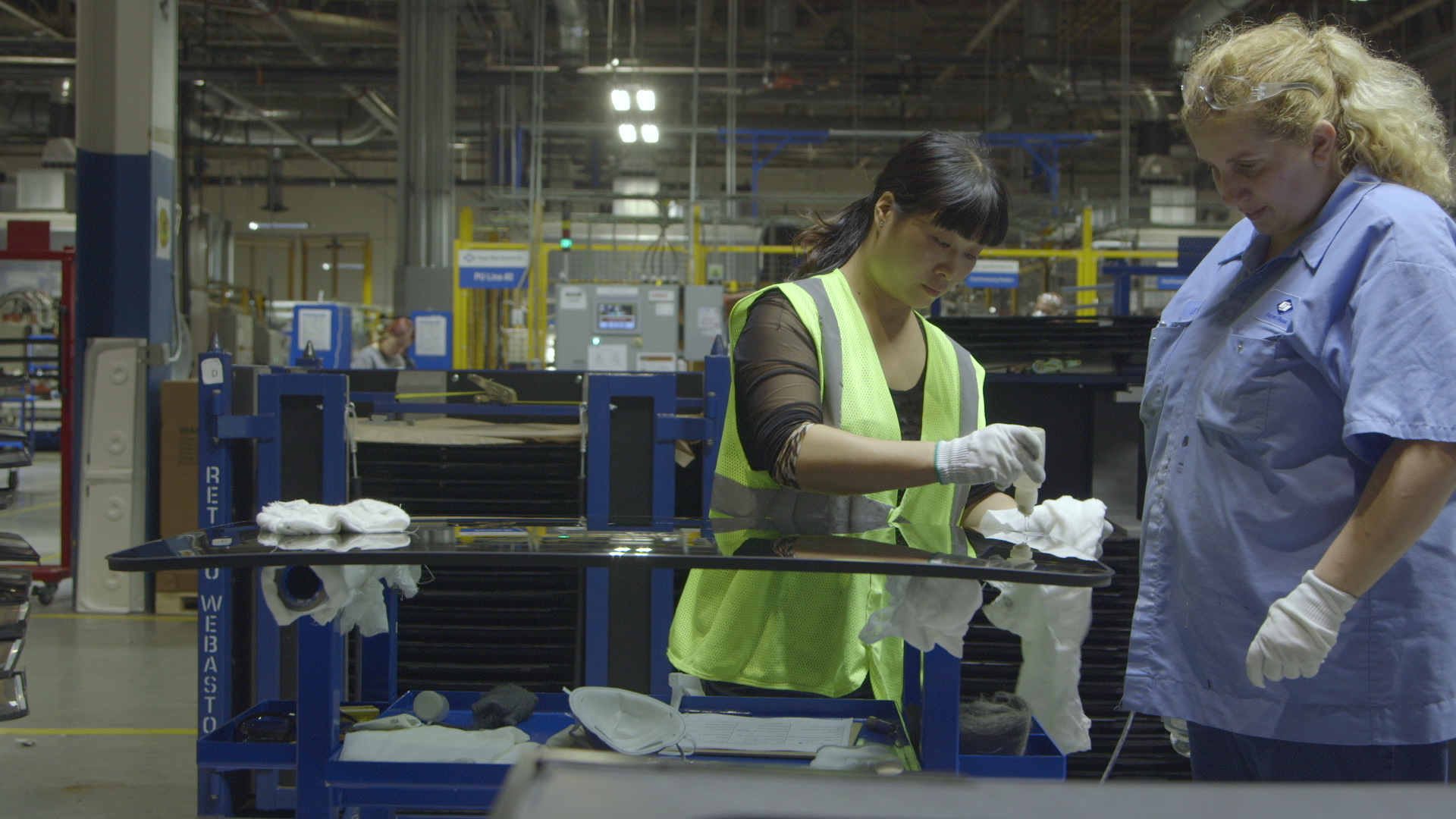Fearless Filmmaker Challenges Real-Life Issues for 50 Years February 21, 2020

Growing Up Female
Courtesy of Wexner Center for the Arts
Union Maids
Courtesy of the Wexner Center for the Arts
Seeing Red: Stories of American Communists
Courtesy of the Wexner Center for the Arts
American Factory
Courtesy of the Wexner Center for the Arts
The Last Truck
Whether it be gender inequality, political discrimination, or labor rights, groundbreaking documentary filmmaker Julia Reichert has been unafraid throughout her career to explore issues facing real Americans. On the heels of her recent American Factory Oscar win for Best Documentary Feature, the MFAH celebrates her storied 50 years as a fearless, eye-opening documentarian.
The retrospective Julia Reichert: 50 Years in Film features screenings on March 7, 8, and 15. Join us opening night for a live Q&A over Skype with Julia Reichert herself!
The Female Experience
Growing Up Female, regarded as the first feature-length film of the modern women’s movement, peeks into the lives of six women and the various societal forces that shape them. For audiences today, the documentary shows how much has changed for women in the interim and how much, sadly, remains the same.
After the screening, stay for the Skype Q&A, followed by Union Maids, a more labor-centric approach to feminism. This film covers the fight to form industrial unions in the first half of the 20th century. Meet three women who leave rural farms for job opportunities in Chicago: 14-hour days in factories where management had all the power while workers—especially women and minorities—had none.


Growing Up Female / Union Maids
Portraits of Comrades
Nominated for Best Documentary Feature at the 1984 Academy Awards, Seeing Red: Stories of American Communists recounts the experiences of ordinary Americans who joined the Communist Party, and the toll many of them paid for their beliefs during the Red Scare in the 1950s. Compiled from hundreds of interviews, the film delivers a fun, engaging portrait of decades of activism.



Seeing Red: Stories of American Communists / American Factory
An Evolution in Labor
This year, at the 2020 Academy Awards, American Factory won the Oscar for Best Documentary Feature! Focusing on a General Motors factory in Ohio over many years, American Factory and the film that precedes it, The Last Truck: Closing of a GM Plant, tell the story of a struggling working class and the difficulties they face as business—and labor itself—changes. In The Last Truck, workers reminisce following GM’s 2008 decision to close the plant. American Factory shows the plant reopened as a Chinese-owned auto-glass manufacturer. Hope springs up at the possibilities the revamped plant presents, but cultural differences threaten this initial optimism.
► Get tickets for Julia Reichert: 50 Years in Film on March 7, 8 & 15.





